Books were the highlight of my childhood. Even before I became a parent, I knew I would be raising readers. In fact, I more or less expected my future children to be born readers. I imagined snuggling up nightly for magical bedtime stories, consistent weekly library hauls, and my kids pleading for one more chapter. Spoiler… I failed many times on this journey, over the course of many years and seasons of life, before my dreams of raising readers finally started feeling possible.
The Reality
Here’s what actually happened… Nightly bedtime stories for my oldest, in the first few years of life. Then, shortly after his fourth birthday, I unexpectedly became a solo parent. Two months later, I welcomed my second child into the world on my own.
Nightly reading quickly became a thing of the past. I wrestled daily with grief and burnout, and that first year was a blur, as I struggled to raise a grieving preschooler and a newborn, alone. I don’t actually recall reading to my kids that year, but my Amazon purchase history suggests that I did, albeit less frequently. We definitely never stepped foot in a library or a bookstore.
In the infant and toddler stages, reading with my daughter was downright impossible. She also ensured that reading to my son was out of the question—snatching away any book in sight. She protested the logistics of story time and yet refused to be excluded. Audiobooks during playtime became our compromise.
Getting Back On Track
My dream of raising readers was not going to plan. Our gains seemed minimal, and our home library was a fraction of what I’d wanted it to be. I needed to get us back on track, but I had no clue where to start. Progress didn’t happen overnight.
Together, my son and I embarked on his journey of learning to read. I’d like to tell you that journey was beautiful and flawless, but that was not the case. Instead, I got eye rolls and protests, avoidance, and lots of “do I have to?” Getting my son to read was a daily battle, and the journey to raising a reader was a long one.
In hindsight, my constant nagging, fueled by my own insecurities and fears of failing him as a homeschool parent, did neither of us any good. I put too much pressure on him and too much pressure on myself. The joy of reading got lost. He read because he had to, but never because he truly loved reading and not without being told.
The day he proclaimed “I hate reading,” was the day my heart and my dream of raising readers broke. Even more devastatingly, my fears of failing him had manifested into reality. He could read well enough, but his reading growth was stunted by his lack of joy and excitement in doing so.
Remember how I said progress didn’t happen overnight? Remember that I said, the journey of raising readers was long? The road was also muddy, and more than once, I took a wrong turn.
The Road Back to Joy
We started over and began a whole new season, taking only what worked well and was flourishing and cutting away the rest. This route ended up being easier than pushing aimlessly forward through what wasn’t working. Everything that stood in the way of our joy in reading had to be stripped away.
Going Back to the Basics
Maybe you’re family has never experienced the joy of reading, whether together or independently. Or, you once enjoyed the journey and just lost your way, like we did. In order for your family to experience joyful reading, you have to make reading fun again. Simplify and cut away everything that isn’t working. Keep what works, and get rid of what doesn’t. Here’s what we kept and where we focused our energy:
Read Picture Books
No matter the age or stage of your kids, picture books are keepers. Read them aloud to your kids often. Older kids may enjoy reading them independently or to younger siblings. However, even older children will appreciate being read to.
Read Aloud (Often)
Although my son would protest independent reading in the earlier years, he loved being read to. It didn’t matter whether it was picture books, chapter books, or novels, anything and everything excited him and reignited his love for books. When you frequently model reading to your kids, they feel more confident and equipped to read themselves. Raising readers starts with being (or becoming) a reader yourself.
Shared Reading
This form of reading became our compromise and how we found common ground again. We established from the beginning whether a book would be shared reading. I still did most of the reading but would switch off with my son, having him read a page or two, maybe a whole chapter, depending on the length. The important thing was for me to understand his limits. Pushing him just far enough to challenge him, but not so far that he lost interest or became frustrated.
Follow Interests
My son became a reader quickly once I relinquished control of what he read. I still added a variety of books to our shelves but put extra care into choosing books that fell in line with his interests. When he read independently, he was free to choose whatever he wanted. We also made trips to the bookstore and the library so he could regularly select new books for himself.
Books with Movie Adaptions
Finding the balance between books and screens is a challenge we often struggle with as parents. Merging these two worlds can help bridge the gap with reluctant readers. Truthfully, raising readers often requires compromise and flexibility.
Screen time was more limited in those earlier years when my son was learning to read, so giving him books with movie adaptions was a compromise for us. He was more motivated to read a book with the promise of a movie night at the end.
Surprisingly, this also worked in reverse. The book that completely flipped his attitude towards reading was How to Train Your Dragon. Being one of his favorite movies already, he became curious about the book, which had sat on the bookshelf for months, untouched. I remember the day he opened the book for the first time. From that moment on, he was hooked. He hasn’t stopped reaching for books and turning pages since.
Utilize Audiobooks
Supplementing with audiobooks is something we will always do. Changing seasons of life are inevitable, and audiobooks help sustain reading habits through even the most exhausting and demanding seasons. Audiobooks have stuck with us through grief, solo parenting, a new baby, raising a toddler, homeschooling, the transition to public school, and even through starting this blog.
Audio players like Tonibox and Yoto Player have been especially helpful with my daughter, who hasn’t received the same level of one-on-one reading time that I was able to offer my son (as an only child for 4 years, in a two parent household).
The Good News
Focusing on what mattered most allowed us to get back to the journey. We found joy again, and my son became the reader I’d always hoped he’d be—on his terms. In fact, he became a better reader than either of us imagined.
Here’s more good news: Having already made all the rookie mistakes with my son, I learned the best path forward. My daughter, now 6, is on her learning-to-read journey, which has been beautiful and easy.
My daughter loves books so much, that I regularly find her with large, picture-less novels, pretending to read. She dreams of being able to read the books she sees us with, such as her brother’s copy of Eragon.
I have no doubt—I have raised another reader. Turns out, I had raised readers long before my kids could even read.
What Raising Readers Really Means
Raising a reader doesn’t happen the day your child finishes their first novel or even their first chapter book. That is just an outcome. It is the result of having already raised a reader!
Raising a reader happens in all of the moments before that one. The books and snuggles on rainy days (both the literal and metaphorical ones). The audiobooks in the car on long commutes. The shared smiles and laughs brought on by a good book. The joy your kids feel when they receive or choose a new book. Their motivation and eagerness to learn to read in the first place.
A reader is one who simply loves books, regardless of genre or format. If your 2 year old is snatching away every book you try to read (like mine did), it’s because she is already a reader. She is watching, learning, preparing—for the day she can read the biggest novel on the bookshelf. If your 5 year old demands that you read picture book after picture book… If he will listen to an audiobook for hours (while playing with Legos) and can still tell you about the book… It’s because he is already a reader. When your 8 year old picks How to Train Your Dragon off the bookshelf, he did so because he was already a reader. When your daughter pretends to read every book in sight, she is already a reader.
Raising readers isn’t in the outcome, it’s in the journey and in the joy kids experience in relation to books. Give them books and your presence and you’ll be amazed at the magic that happens as the reading journey plots itself.
Final Thoughts
That dream I had of raising readers has come true. Our home library hasn’t stopped growing. My kids are always asking for another chapter. We’ve made it!
The best advice I can give is this: Focus on the journey—focus on the joy—not the outcome.
Teaching kids to love and appreciate books is the key to raising readers. If you can give them that and commit to showing them the joy of reading, you will raise readers with ease. The little efforts you make, the habits you build, and the culture of reading you provide, those are the things that lead to results. You’ll know if you’re raising a reader by their attitude towards books. For reluctant readers, shift their attitude about books and reading and you’ll change the outcome.
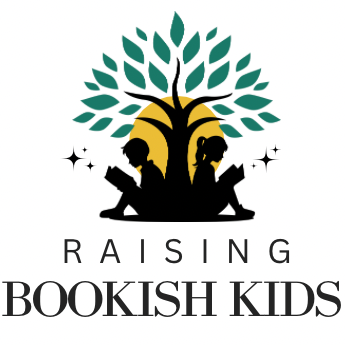
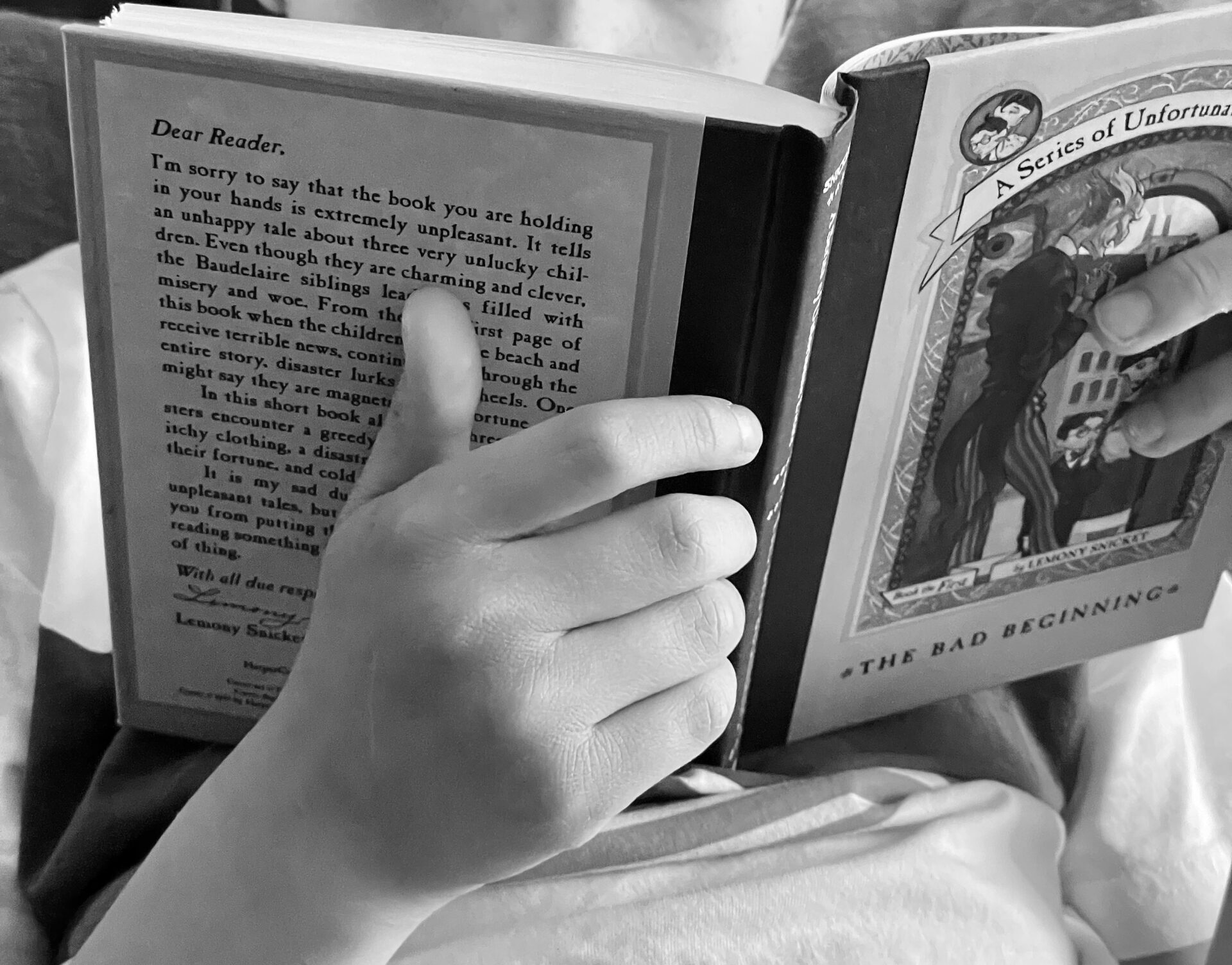
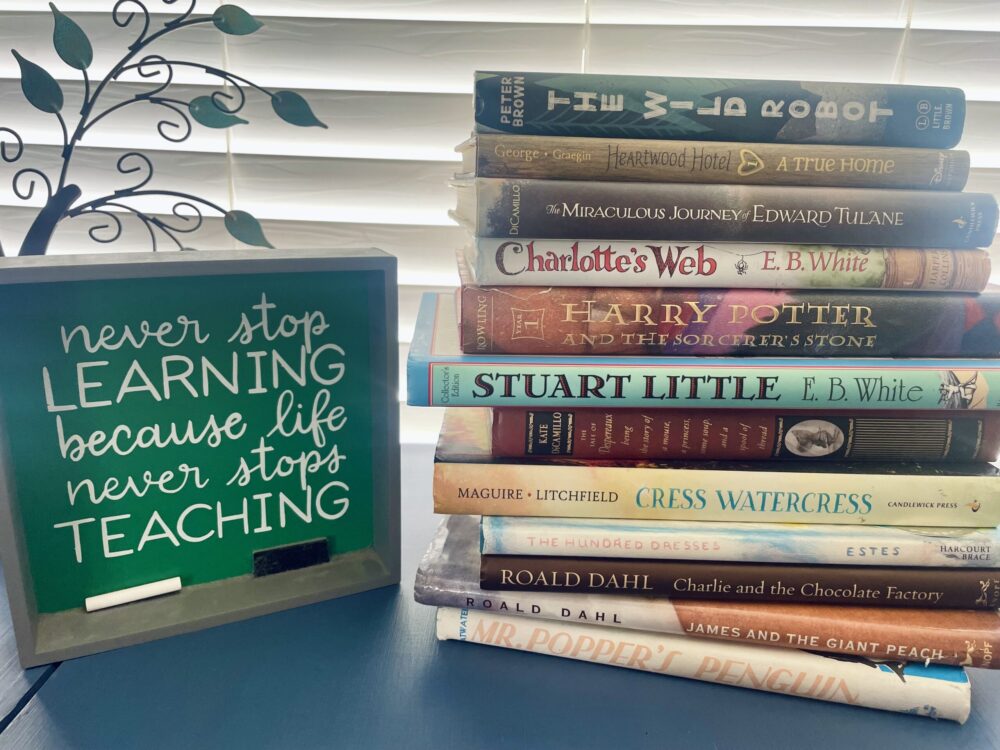
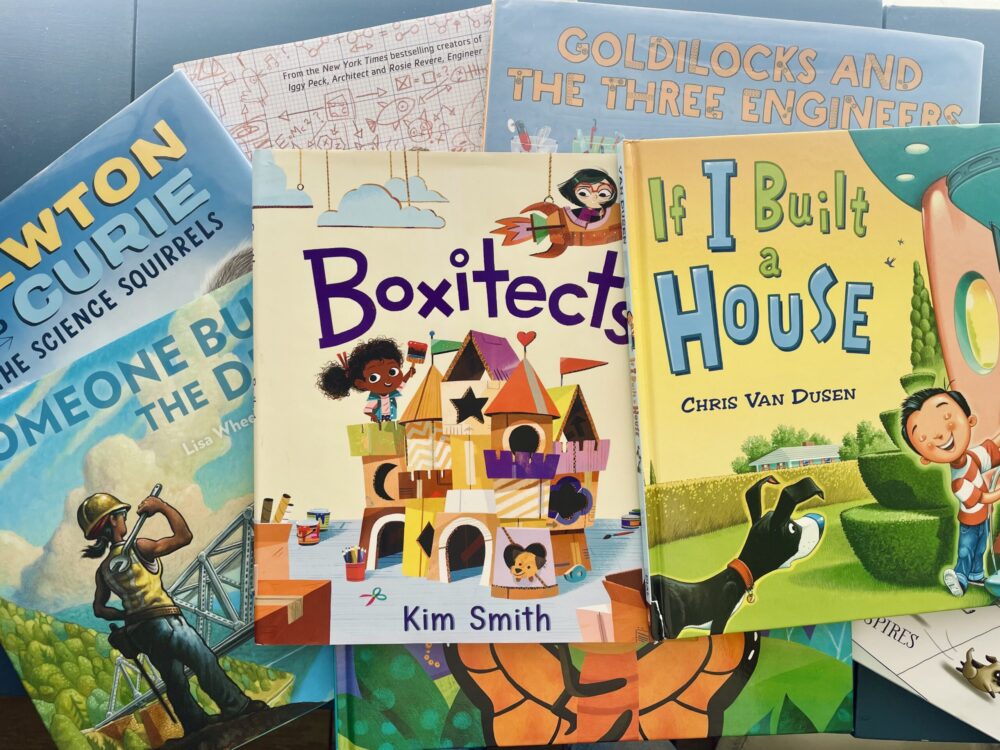
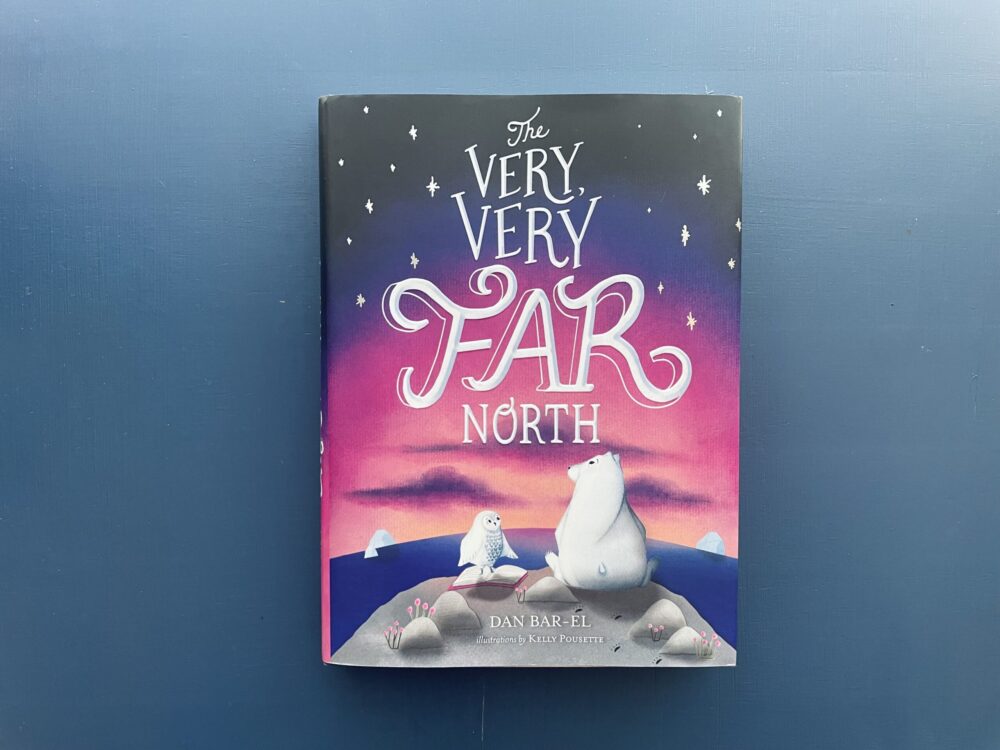
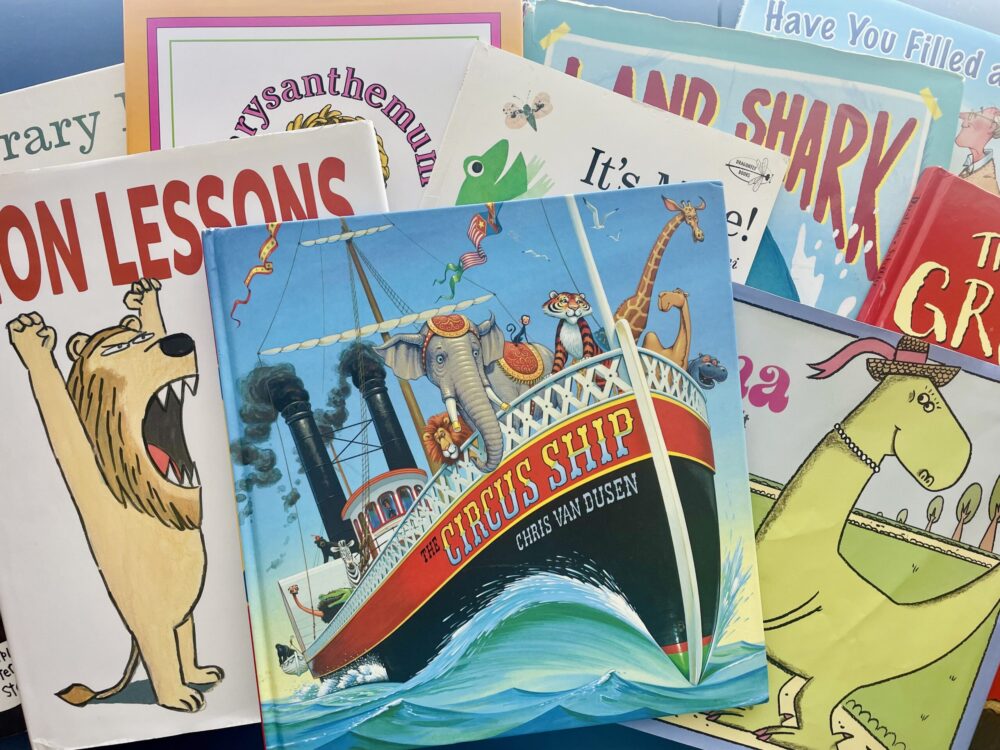
Leave a Reply